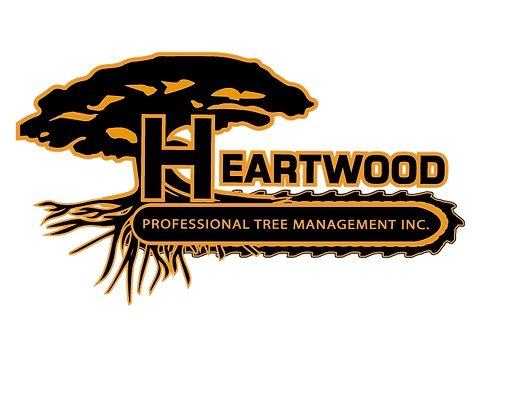How To Choose the Right Rocklin Tree Service
It's important to check for certain criteria, such as services and licenses, when comparing tree removal companies. We highlight key considerations below.
Vet the Company's Qualifications
Your tree service provider should hold insurance to protect both customers and workers. These policies may include general liability, professional liability, or workers' compensation insurance. Make sure that the policy mentions tree work coverage specifically, as otherwise you may be liable for any injuries or damage that occur on your property. Tree removal companies have no mandatory national certifications, but many employ arborists to complete inspections. Companies aren't required to have an arborist on staff, but having one brings in expert knowledge on tree preservation, maintenance, and care. Arborists are certified by the International Society of Arboriculture (ISA).
Get Quotes From Multiple Companies
We recommend soliciting quotes from several companies to discover the best deal. This allows you to compare aspects like service fees, included services, and timelines.
Confirm the Company Performs Residential Tree Services
Look for tree removal companies that specialize in residential services. Commercial companies handle large-scale projects for commercial property and must follow certain city ordinances for their work. Residential companies focus on servicing private homeowner properties and have fewer locally mandated service restrictions.
Request a Tree Risk Assessment
A tree risk assessment (TRA) involves visually inspecting a tree and its branches to determine its likelihood of breaking. This is called tree failure. Assessing tree failure helps service companies figure out how to minimize the danger to their workers and your property. Certified arborists typically conduct TRAs. Some companies include a free assessment with their services, while others charge an additional fee. Request a TRA before beginning any real work.
Ask About Stump Removal
Stump removal involves eliminating stumps from your yard with special equipment or by hand. This is important because stumps left untreated will decompose over time and may attract pests or become diseased. Check with potential companies to verify stump removal is included with their service. Costs range from $97 to $714, with the typical Rocklin homeowner paying about $454.
How Much Does It Cost To Remove A Tree?
Tree removal services cost an average of $908, with a range of $443-$1,947. Factors that might affect the price include tree health, project size, and tree size and type. Companies may charge by acre instead of by tree if multiple trees need to be removed, and you can expect to pay about $2,336 for emergency tree removal. You may also pay a higher price if a tree has a high failure risk or requires additional labor, safety precautions, or equipment.
Ready to Get a Quote on Your Tree Project?
Please enter a valid 5-digit zip code!
Frequently Asked Questions About Tree Removal in Rocklin
What are common tree issues?
What's the difference between tree pruning and tree trimming?
What are some signs that a tree is dangerous?
Do I need to hire a professional for tree removal?
Is it okay to leave a downed tree sitting on my lawn?
To share feedback or ask a question about this article, send a note to our Reviews Team at reviewsteam@thisoldhousereviews.com.













